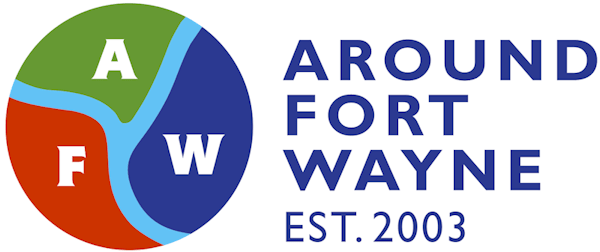![]()
Press release from Centers for Disease Control and Prevention:
North Carolina goes Smoke-Free
(December 30, 2009) Restaurants and bars in North Carolina will go smoke-free on Saturday January 2, 2010, making this state the first southeastern state to completely prohibit smoking in restaurants and bars. However, the North Carolina law does not prohibit smoking in private workplaces, precluding CDC from including it on a list of states with 100 percent smoke-free laws that include all workplaces, restaurants and bars.
Secondhand smoke causes 46,000 heart attacks and 3,400 lung cancer deaths each year and yet, there are still over 126 million nonsmokers in the U.S. exposed to secondhand smoke. In 2006, the Surgeon General concluded that there is no risk-free level of exposure to secondhand smoke and that eliminating smoking from all indoor areas is the only way to fully protect people from secondhand smoke exposure. Separating smokers from nonsmokers, cleaning the air and ventilating buildings are not effective ways to protect the public from secondhand smoke exposure.
The Institute of Medicine recently concluded that secondhand smoke exposure could trigger a heart attack and communities that enact and enforce strong comprehensive smoke-free policies realize a reduction in hospitalizations for heart attacks. Two recent scientific studies that reviewed this topic estimated, on average, heart attack hospitalizations drop 8 percent to 17 percent the first year after implementation of a smoke-free law.
According to CDC’s State Tobacco Activities Tracking and Evaluation (STATE) System, the 22 states (including D.C.) with 100 percent smoke-free workplaces, restaurants and bars are:
- Arizona
- Colorado
- Delaware
- D.C.
- Hawaii
- Illinois
- Iowa
- Maryland
- Maine
- Massachusetts
- Minnesota
- Montana
- Nebraska
- New Jersey
- New Mexico
- New York
- Ohio
- Oregon
- Rhode Island
- Utah
- Vermont
- Washington
Later in 2010, laws that prohibit smoking in workplaces, restaurants and bars will take effect in Michigan (May 1, 2010) and Wisconsin (July 5, 2010).Resources:
US Department of Health and Human Services. The health consequences of involuntary exposure to tobacco smoke: a report of the Surgeon General. Atlanta, GA: US Department of Health and Human Services, CDC; 2006. Available on-line.
Institute of Medicine. Secondhand smoke exposure and cardiovascular effects: making sense of the evidence. Washington, DC: The National Academies Press; 2009. Available on-line.
Lightwood JM, Glantz SA. Declines in Acute Myocardial Infarction After Smoke-Free Laws and Individual Risk Attributable to Secondhand Smoke. Circulation. 2009 Sep 21. [Epub ahead of print]
Meyers DG, Neuberger JS, He J.Cardiovascular effect of bans on smoking in public places: a systematic review and meta-analysis. J Am Coll Cardiol. 2009 Sep 29;54(14):1256-7.
